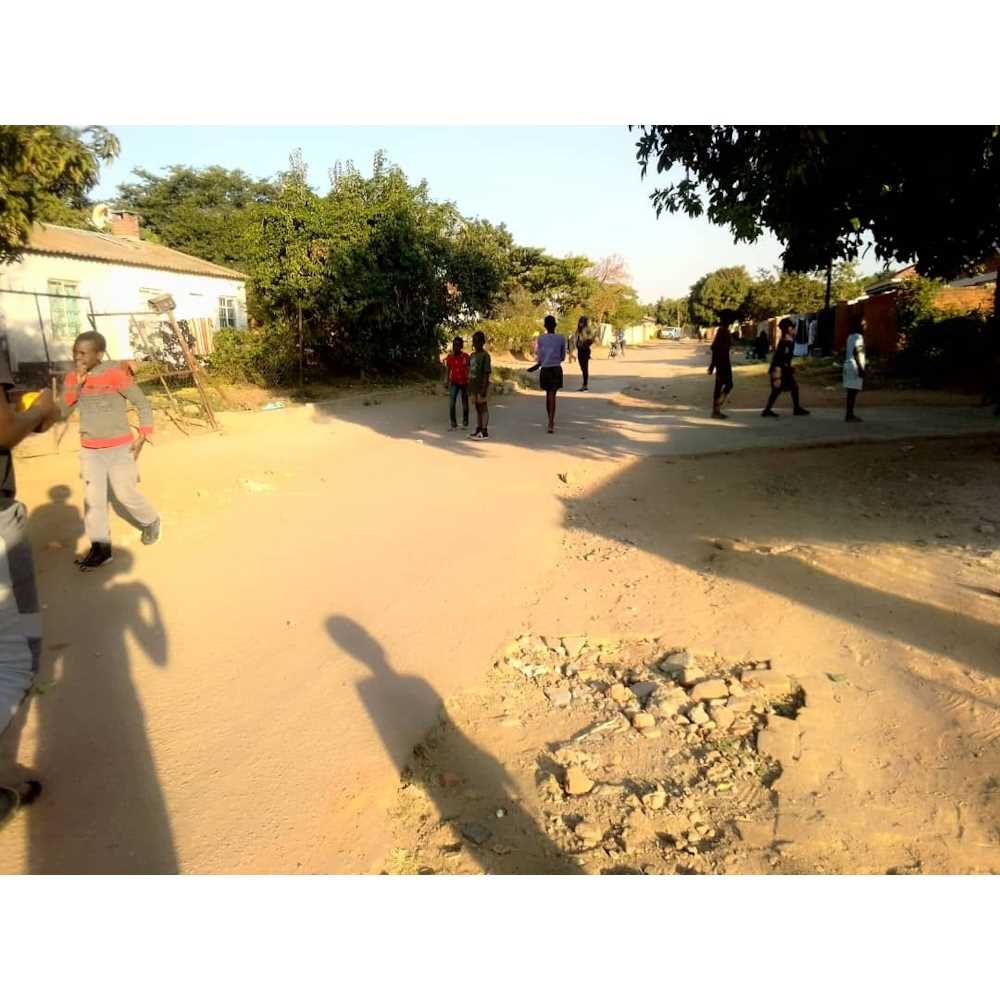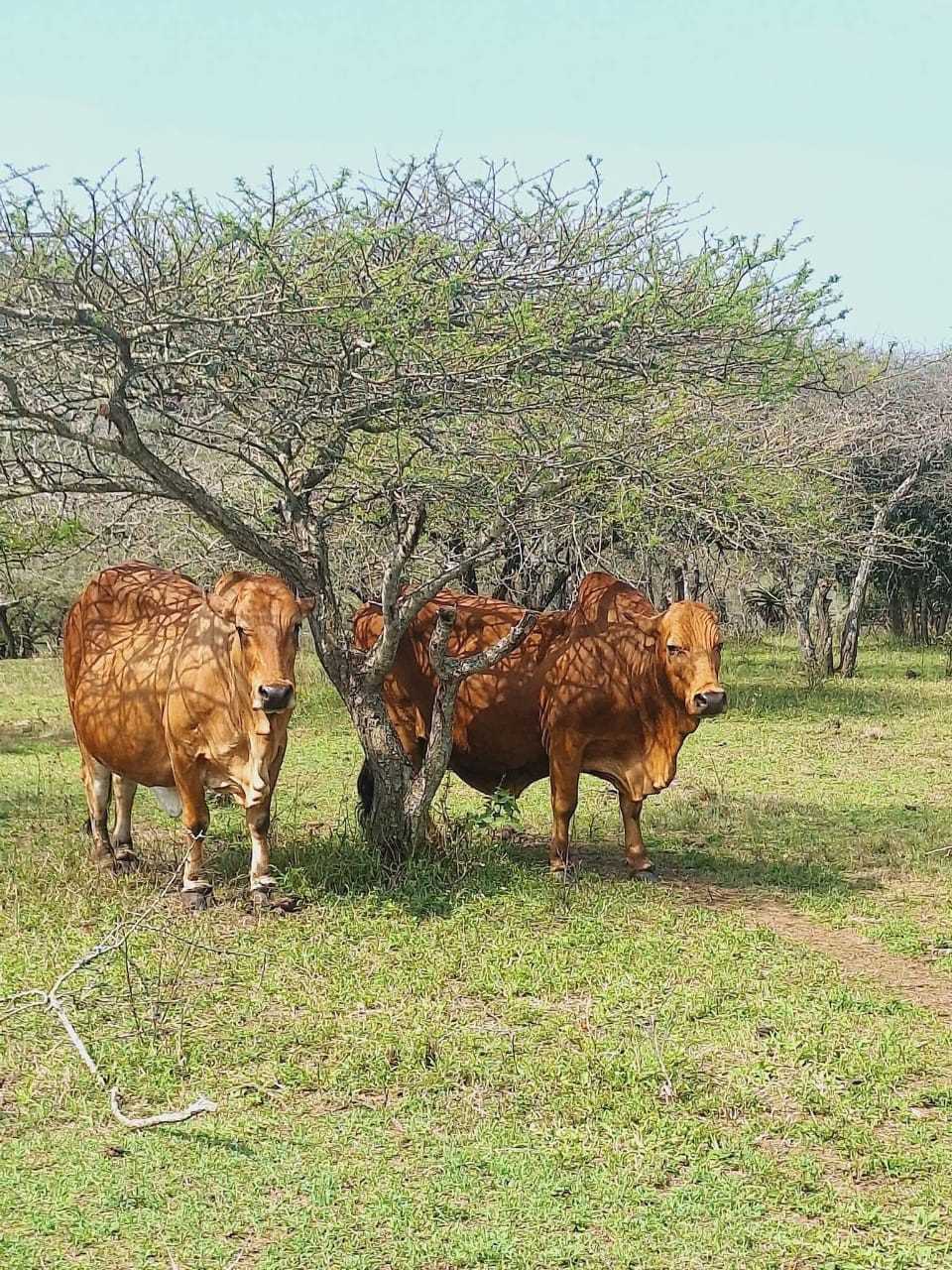Christian Maminingo recalls a number of activities being available for young people growing up in a high density suburbs of Harare.
"When we grew up, Area E had so many clubs which offered activities like volley ball, football, table tennis, fashion and fabrics, tennis as well as food and nutrition,” says Manungo.
Manungo says it’s a totally different world today as children seem to spend all their time running around on the streets.
An article by University of Surrey, says playing in the street is a high-risk activity for children living in low socioeconomic areas, where traffic environments are particularly hazardous.
And the danger is not just the risk of inevitable tragedy when reckless drivers painfully and brutally end young lives.
A new day, a new problem
For parents in Mufakose, and other high density suburbs, a new day presents a new problem.
Most parents have no idea where or how their children spend the day.
Roselyn Kaseni of Mufakose is distressed as a mother because she has no idea where her son spends the time between dawn and dusk, who he is with and what they get up to.
“I have heard many cases of mutoriro (crystal methamphetamine), cannabis and glue which have flooded the streets of Harare and Mufakose is not spared.
“I am afraid that these children might end up taking drugs since they spend the whole day outside. To make things worse, my son is only 11, but l sometimes see him hanging around with grown up boys,” she said.
Zimbabwe has the highest number of 15 to 19-year-olds in Africa who engage in heavy “episodic drinking”, at 70.7% among males and 55.5% among females, according to a World Health Organisation (WHO) report titled ‘Mental health among young people in Africa’.
Mutoriro reportedly started appearing in Zimbabwe around 2016 and it has become famous in different suburbs of Harare including densely populated areas like Mbare and Mufakose.
Kaseni says the holiday is too long for kids to spend running around in the circumstances.
“I have been hoping that the behaviour of leaving the house in the morning and coming back in the evening will end when my son will go for lessons after school but due to the ban of extra lessons the situation is becoming worse especially on holidays and during the weekend,” said Kaseni.
Lack of parental supervision

Most parents cannot force their children to stay at home because of various reasons.
“We rent two rooms and there is just not enough space for the children to spend the whole day inside. The yard is also very small. If there is no power, the kids can’t even watch television,” said another parent who declined to be identified.
Some parents have to leave their children unsupervised because their earnings do not stretch to child care.
“I am a vegetable vendor. I have a stall at the shops. This means I am out of the house as early as five in the mornings. Then I am at the market until late because business peaks towards late afternoon when people are preparing for supper. It means the children have to take care of themselves,” said Meria Chirwa. Meria says she cannot afford to pay for a child minder for her two boys aged 11 and nine. Once they are done with their chores, they join their peers on the streets.
Related Stories
Toddlers and some infants can also be seen on the streets. Some of them will be under the care of older children, while others seem to be just tagging along with no one looking out for them.
Teen pregnancies, early marriages and sexual abuse
Statistics from the Ministry of Primary and Secondary Education, 2020 figures indicate that 5 331 children dropped school to get married and 4 676 dropped because of pregnancy.
United Nations Children’s Fund (UNICEF) says Zimbabwe Zimbabwe’s birth rate of 86 per 1,000 for teens aged 15 to 19 is nearly twice the global average of 44 births per 1,000.
Earlier in the year the Zimbabwe Republic Police expressed concern on increasing rates of sex crimes against minors.
“ZRP is concerned with cases of rape received by the police in some parts of the country where grandfathers, landlords and cousin brothers are cited as suspects,” the ZRP said in a statement.
In many cases minors are groomed into sexual abuse through the use of material enticements including food, gadgets like mobile phones, cash and clothing items.
There has been much debate on the issue of allowing children to access reproductive health services without needing approval of parents or guardians. But many of the older generations think this is blatant promotion of immorality and not a solution.
Idle minds can be stars with the right nurturing

Now world famous, Ghetto Kids (or Triplets Ghetto Kids) are an example of how much potential lies unexplored because of limited opportunities.
The dance group founded in 2014 by Daouda Kavuma and composed of children from the Katwe slum in Kampala, Uganda is an NGO initiative to remove children from the streets by giving them a fun occupation that they can dedicate themselves to.
The group now counts names like P. Diddy and Nicky Minaj among their millions of fans.
Albert Nhamoyebonde founded Mufakose Tennis Center to give back to the community and also provide opportunities for the high density kids.
Takashinga Cricket Club in Highfields was a great intiative that attracted the likes of Andy Flower and Tatenda Taibu as members. It meant that children from the area had an opportunity to run shoulders with role models up close.
Multi-agency partnerships involving the community are needed to give these children the opportunity to grow into their full potential by providing safe and accessible public space and affordable activities for children and greater support for parents.
With a little imagination and concentrated effort, stakeholders can come up with gainful occupation alternatives for the children whose future is being thrown away on the streets.




















Leave Comments